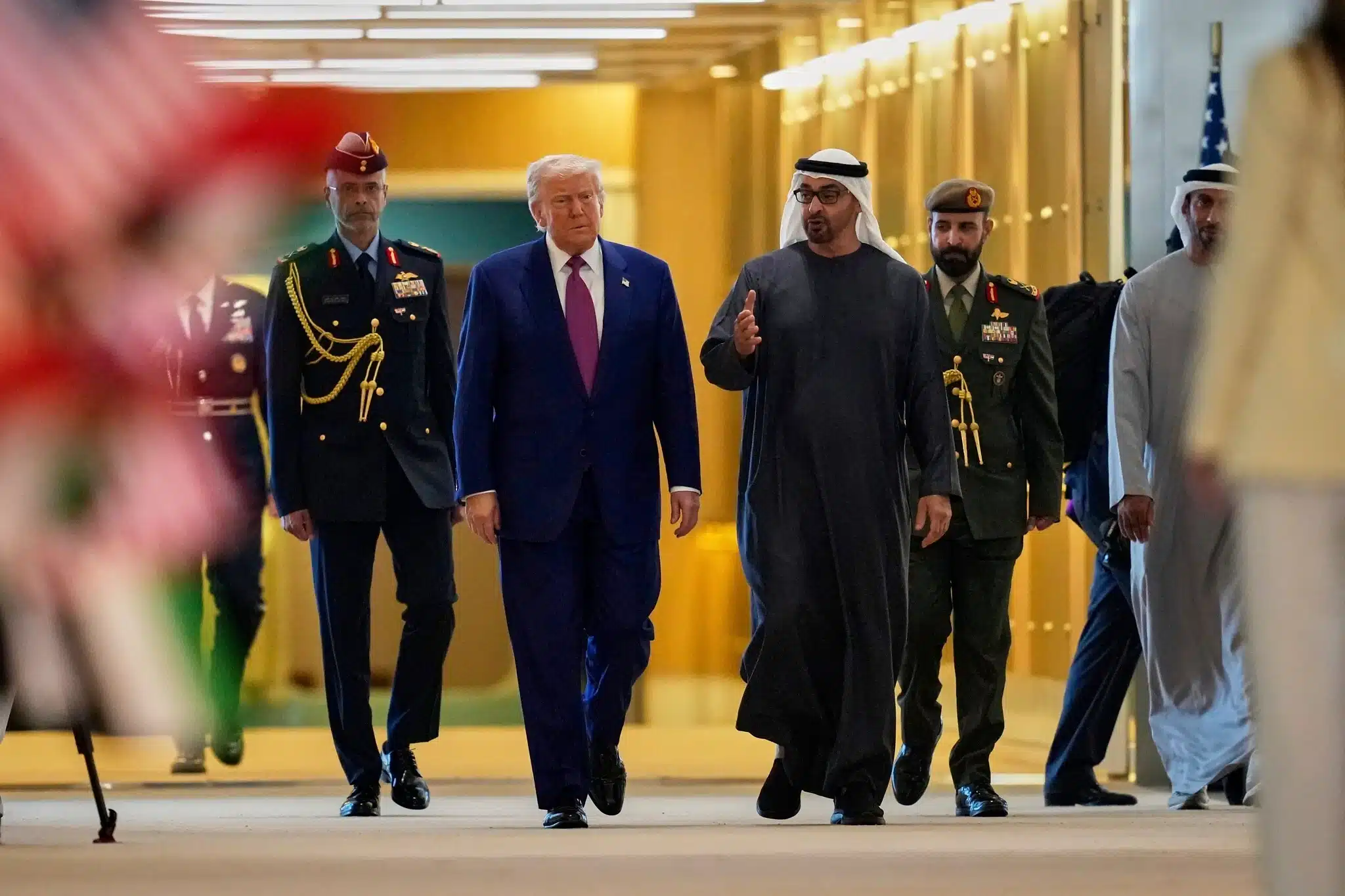Key Takeaways
- The UAE is transforming from an oil economy to a leader in the digital economy, focusing on AI and crypto.
- Dubai aims to become a global hub for FinTech, AI, and Web3, supported by a pioneering regulatory framework.
- Dubai’s D33 Agenda plans to double its economy by 2033, enhancing its position among leading global cities.
- Abu Dhabi is investing in institutional research and development, with a goal of becoming the first fully AI-native government by 2027.
- Abu Dhabi’s substantial investments include a $30 billion AI infrastructure fund and partnerships with international AI firms.
- The UAE is building an institutional-grade digital assets ecosystem to boost confidence in crypto and blockchain technologies.
- Key challenges remain regarding local talent development and sustainability when subsidies diminish.
The United Arab Emirates is undergoing a remarkable transformation, transitioning from a traditional oil-based economy to a formidable leader in the digital economic landscape. This evolution focuses on emerging technologies such as Artificial Intelligence (AI) and cryptocurrency, with Dubai and Abu Dhabi leading the charge. This blog post delves into the steps the UAE is taking to position itself at the forefront of technological innovation and explores the complexities and challenges involved in this ambitious journey.
The UAE’s Digital Vision
Transformative Shift
For decades, the UAE has been synonymous with oil riches. However, the country is now setting its sights on a new kind of wealth, seeking to harness the potential of digital technologies. This strategic shift aligns with global trends and is driven by a visionary leadership seeking sustainable growth beyond oil reserves.
Dubai’s Ambitions
Dubai is a city synonymous with ambition and innovation. Its latest aspiration is to become a global hub for FinTech, AI, and Web3. This ambition is supported by a pioneering regulatory framework designed to attract international talent and capital.
Dubai’s Regulatory Framework for Virtual Assets
Dubai’s approach to virtual assets is characterized by:
- Agility and Clarity: The city’s Virtual Assets Regulatory Authority (VARA) is the world’s first independent regulator for virtual assets. It offers clarity and flexibility through activity-based rulebooks, detailing specific guidelines for services such as exchanges, custody, and advisory.
- Startup Launchpad: With over 800 AI companies and more than 700 blockchain firms, Dubai is positioning itself as a launchpad for innovation. Its strategic location and supportive legal structures play a pivotal role in attracting cutting-edge technology firms.
- D33 Agenda: Dubai’s ambitious D33 Agenda aims to double its economy by 2033, setting a target to become one of the top three global cities. This initiative encompasses transformative projects across diverse sectors like technology, financial services, and advanced manufacturing.
Abu Dhabi’s Strategic Approach
Abu Dhabi is embracing a comprehensive, institution-driven model, focusing on research, infrastructure, and global partnerships.
Institutional Investment
- Digital Strategy: The emirate’s digital strategy for 2025-2027 is a testament to its long-term vision. The goal is to create the world’s first fully AI-native government by integrating sovereign cloud computing and automating all government processes by 2027.
- Talent and Research: Institutions like the Mohamed bin Zayed University of Artificial Intelligence (MBZUAI) are key to developing local talent. This university, along with the Advanced Technology Research Council (ATRC), is spearheading research in advanced fields such as quantum computing and AI.
- Global Partnerships and Investments: Abu Dhabi has established substantial funds, such as a $30 billion AI infrastructure fund, in collaboration with global entities like BlackRock and Microsoft. These investments aim to establish the emirate as a leader in AI and digital asset adoption.
Challenges Ahead
As the UAE aggressively pursues its digital ambitions, several challenges must be addressed:
- Talent Development: The country needs to foster local expertise in technology to ensure long-term sustainability and growth.
- Economic Diversification: With the potential decrease in subsidies, exploring sustainable alternatives and fostering a culture of innovation are imperative.
- Integration with Traditional Finance: Building an ecosystem that seamlessly integrates digital assets with traditional finance systems will be crucial.
The UAE’s transition from oil to technology demonstrates a forward-thinking approach to economic development. By investing in digital technologies and fostering a culture of innovation, the country is well on its way to establishing itself as a leader in the global digital economy. As with any transformation, the challenges are significant, but so too are the rewards. The success of this digital revolution will depend on strategic planning, relentless execution, and a commitment to developing the next generation of innovators.
Own a Piece of the UAE’s Tech-Driven Future
As the UAE rises as a hub for AI, Web3, and innovation, there’s never been a better time to invest. Explore exclusive properties at buy.pocketlisting.ae.




